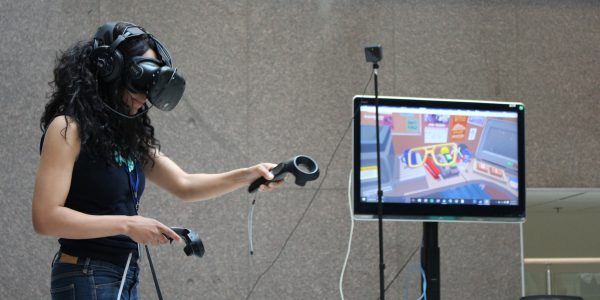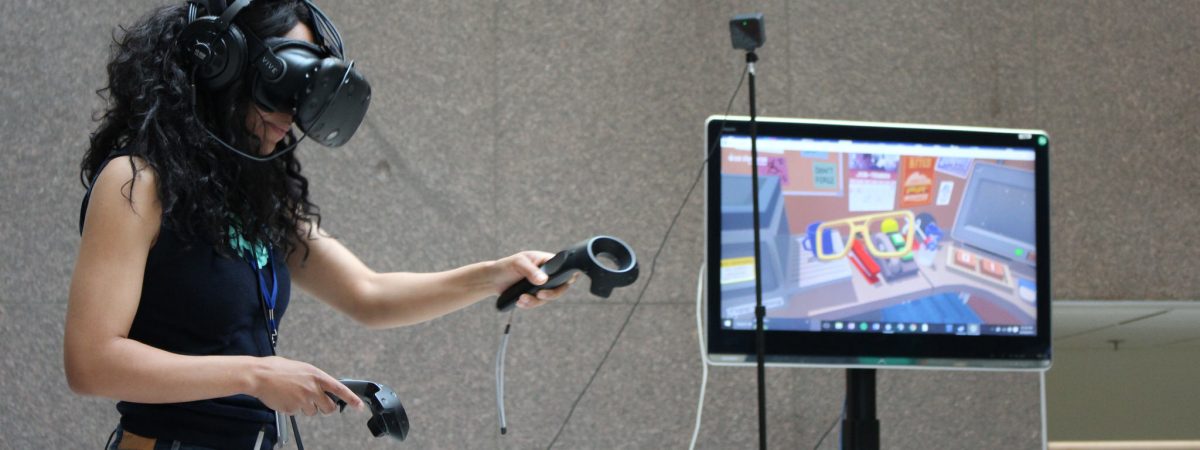Thought is information and thought is experience. Thought changes thought and thought responds to thought. Whatever makes anyone feel better or worse became a thought or its form to do so, because it is only in that form that acceptance or admission, in the brain, is possible.
There are gene expressions across cells in the body, but theoretically, they align along what becomes thought functions, so that the brain [or memory] can get, adapt and subsequently provide as normal.
Thought has forms yet to be identified as thought, but carries information in the same ways as thoughts.
Thought, though common and seemingly known to everyone, remains a secret. And it is with that secret that lead can be built and earnings can mount. There are high profile discussions on mental health problems, but the properties of thoughts—for mental health—remain excluded.
Incoming thought from a situation, can cause distress or ease. Thought too, already in the memory, can cause distress or ease, by control or automatically. There are properties, destinations, splits, sequences and shapes of thought that make determinations for experience.
What is the behavior of thought in the brain, or what shapes its health, or ill-health, to express the behavior of individuals?
How does thought emerge? Where does it go? What makes it central? How does it fade?
Neurons are known for “processing and transmitting vast sums of information”. They are also involved with forms of thoughts. But neurons are not thoughts. They construct or build thoughts, as well as memory, but thoughts are different.
Neurons have been extensively studied, yet, it is still difficult to understand as much about the brain, for neuropsychiatric diseases. There are brain labels [predictive coding, processing, working memory, flow state, and so on] that have used subjective experiences to define how the brain works. However, many labels fail to unravel mental health.
Working memory is fine if the information is neutral, but does not apply to succinct bad news that goes on to cause serious anxiety or trauma. Predictive coding, processing, free energy principle, controlled hallucination are fine if describing abstracts without thought and memory, but the expectation of something then disappointment that can cause mental health problems or the expectation of disappointment, but something different happens, for good, are not delineated by predictive coding and friends.
Thoughts are constant in any living moment. In sleep, coma or under general anesthesia, forms of thoughts are present, mostly from internal senses [or interoception], but they don’t go to regular areas in memory, for different levels of awareness [pre-prioritization] or attention [prioritization].
What country, organization, venture capital or university can take advantage of defining the properties of thoughts, to display across devices, as a way to ease mental health, and basically explain the brain, for two constants—thought and memory?
Thoughts are the equivalent of all senses—internal or external. They emerge from sensory processing or integration in the thalamus and olfactory bulb, as the new identity or uniformity for senses, before relay to the cerebral cortex for interpretation.
Interpretation is mostly knowing or memory, while feelings and reaction follow. It is thought action in memory that makes extensive determinations.
Thought also is how humans know fear to avoid danger. It is possible to give a form of fear, mirroring thoughts, to vehicles to prevent crashes, in a solution that would surpass current autonomous vehicles. Thought and memory also acquire different properties for all addictions and substance abuse. Thought and memory are affected by diseases and also shaped by management and cures.
This could be a market leading opportunity for Nintendo, HTC, Alta Ventures, ANZ, Niantic or for nations like Mexico, Brazil, Tonga, Ecuador, Antigua, Botswana, Ireland or Turkey. It could be an opportunity also for certain venture capitals, accelerators and others.
Neurons do much, but what gets to decide, by what they build, are thoughts.




